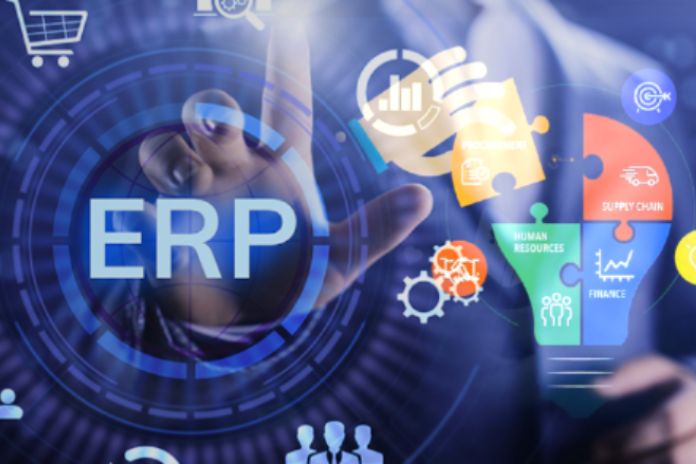ERP System: The numerous options offered by the market are good for consumers, who can evaluate factors to decide the purchase. On the other hand, the increase in competitiveness makes companies look for a competitive advantage.
These are the so-called competitive advantages that help to find strategies and differentials capable of leaving a company better positioned than its competitors, whether in terms of agility in administrative and internal processes, as well as in the quality of service delivery.
Therefore, this characteristic makes the brand retain more customers and become a reference in its activity area.
However, to manage demand, operational optimizations are necessary; that is, technological tools and software are applied to facilitate all stages of the business, and ERP brings these solutions that make all the difference in a company that seeks to remain active in the market and stand out from the competition by delivering better services and customer experiences.
ERP software is developed to meet all organizational demands and can also be customized for each need. That is because it is modular, it adapts to business.
Through it, it is possible to receive and decode all relevant information for the company, better understanding which path to follow and make decision-making more assertive and safe.
This is because with all the integrated and updated information, as well as reports available at any time for consultation, in addition to the integration between the company’s operations, it allows for the optimization of processes and reduces incorrect data and the quality of services. Avoiding possible reworks and increasing productivity performance
Now, here are some of the benefits of adopting an ERP system and how it facilitates the process of creating a competitive advantage in organizations:
Benefits Of Adopting An ERP System
Integration Between Areas
The use of an ERP facilitates communication between the company’s departments. It offers real-time information so that the operation is more agile and dynamic, especially in critical financial, commercial and production areas.
Process Standardization
The standardization of processes is essential in an organization as it generates more efficiency in operations, ensuring more assertive results.
It also facilitates monitoring and observations of improvements and weaknesses in a given area. In practical terms, by standardizing the way sectors should work, there is a more accurate “forecast” that makes it possible to steer the business strategy whenever necessary to remodel some action.
Real-Time Information Availability
The availability of information in real-time facilitates decision-making and creates efficient routines to streamline the business. You can access operations data anytime and avoid the risk of outdated information.
With these changes, the company saves inputs and human capital time and offers competitive prices.
Reduction Of Errors And Rework
With new routines, the whole company is more organized. This is because inconsistencies are reduced, deliveries are more agile, and customer satisfaction increases in proportion to the internal structure.
More Control Of Financial Information
Good financial management is one of the differentials to maintaining a competitive advantage for long periods.
By using the ERP, the possibilities of internal fraud are reduced, with better cash flow management combined with accurate data that facilitate accounting and minimize the risk of incorrect collection of taxes.
Adaptable To Any Business Model
There are specific types of ERP to solve different internal issues of companies, such as inventory management, financial control, and integration between sales and marketing, among others.
Therefore, understanding the business demands is the starting point for modulating the system that best suits the operations.
But How Does ERP Help Improve Customer Relationships And Experience?
As you have seen, the ERP system offers integrated solutions that enable communication between all areas of the business to ensure, for example, that the customer receives the correct product on time.
This process, carried out manually or disintegrated, and demanding more time, is liable to errors, losses and rework.
Among the most significant problems are sending the wrong products and the delay in delivery, damaging the shopping experience and customer satisfaction.
Nowadays, in which technology is increasingly integrated into processes to solve existing impasses, companies that do not adhere to these functionalities are obsolete and take risks about the competition, which customers choose.
Also Read: Discover The Main Types Of Business Communication

